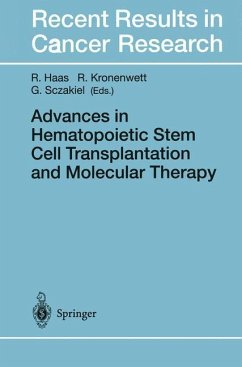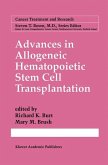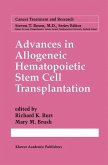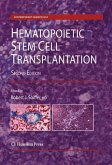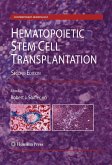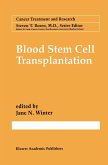Blood stem cell transplantation has become an established therapeutic option in the treatment of malignant diseases. At the same time molecular therapeutic approaches (i.e. gene therapy) are promising alternatives to the classical treatment of cancer. The proceedings give an overview of the biology of hematopoietic progenitor cells, peripheral stem cell transplantation in patients with hematological malignancies, recent developments in molecular diagnosis and gene therapeutic concepts, and show that successful future developments require cooperative research connecting basic science with clinical application. This book gives an overview of the current state of the art in peripheral blood stem cell transplantation and recent developments in molecular diagnosis and gene therapeutic approaches. The focus is on the role of peripheral blood stem cell transplantation in the treatment of hematological malignancies such as non-Hodgkin lymphomas, chronic myelogenous leukemia and multiple myeloma. Current molecular biological techniques for detecting genetic defects in tumors and minimal residual disease are also presented. Further topics include new gene therapeutic concepts in hematology and oncology: the use of viral vectors for transduction of hematopoietic cells is discussed as well as therapeutic strategies based on antisense nucleic acids, ribozymes, and immunological approaches.
Bitte wählen Sie Ihr Anliegen aus.
Rechnungen
Retourenschein anfordern
Bestellstatus
Storno

